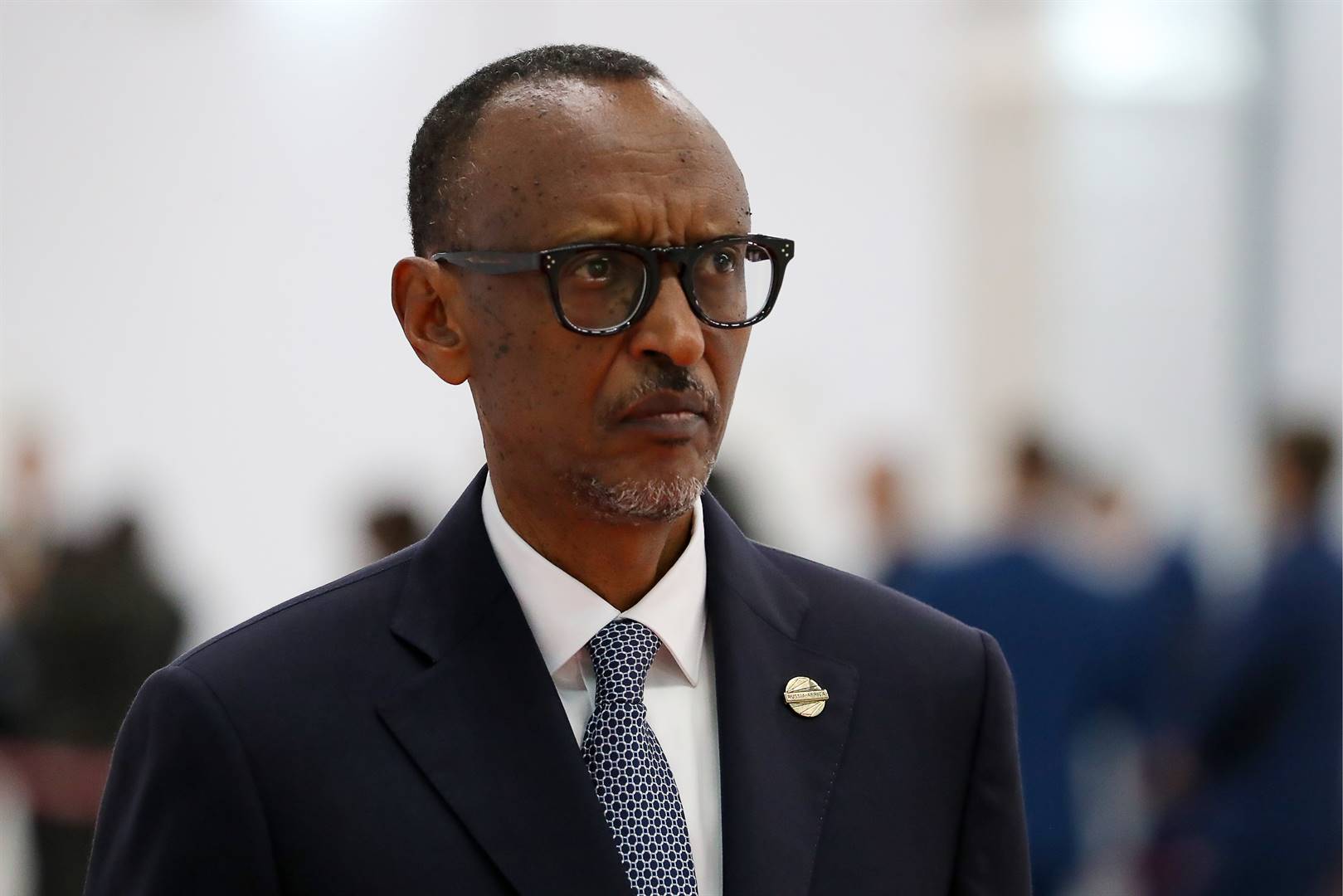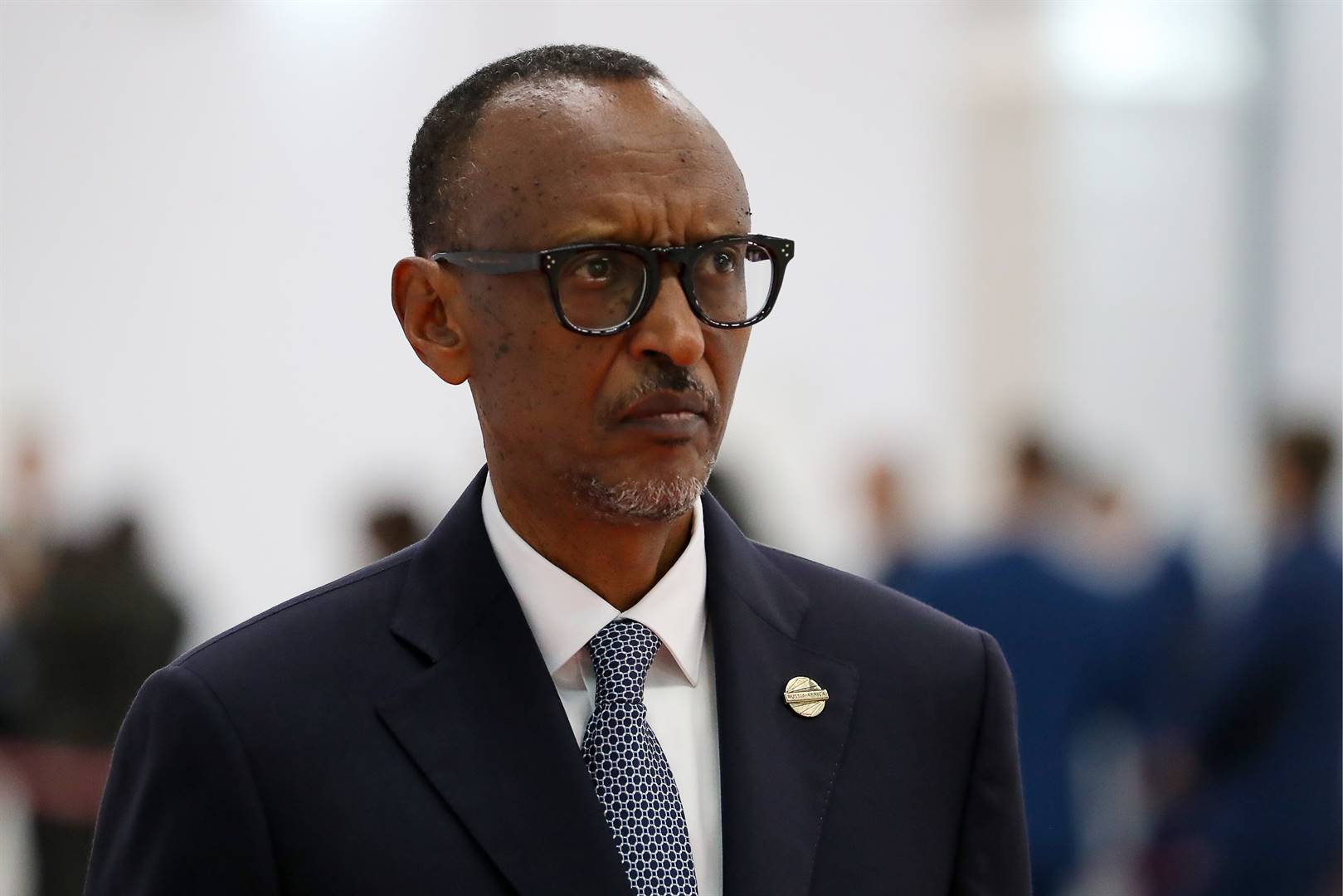

- There are plans to engage the presidents of Rwanda and the DRC about their diplomatic spat.
- The US says it will not speak about China with African leaders.
- US President Joe Biden will seek to engage Africa about Russia’s invasion of Ukraine.
The US is planning on bringing together Rwandan President Paul Kagame and his Democratic Republic of Congo (DRC) counterpart, Felix Tshisekedi, for a possible sit down during the US-Africa Leaders’ Summit, which is under way in Washington DC.
At a press briefing, US State Department spokesperson Edward “Ned” Price said the summit presented the best opportunity for the US to deal with some issues of mutual interest with African countries.
“There are a number of opportunities that the US-Africa Leaders’ Summit will present in the coming days. Some of them have to do with peace and security on the continent. That, of course, will be a topic of discussion in many different fora over the next few days,” he added.
The DRC-Rwanda tiff is top of the agenda for Price.
He said:
As you know, this is a conflict and a set of tensions that Secretary [Antony] Blinken has become personally invested in – [he] travelled to Rwanda and the DRC in August as tensions were flaring in an effort to engage the leaders of both countries, to urge a de-escalation and to urge steps that would put an end to these hostilities.
Kagame and Tshisekedi are both attending the summit, while back home, there are counter accusations of supporting rebels to destabilise each other.
As such, Price assured journalists “tensions in the eastern DRC will be on the agenda”.
US-China rivalry
He said during the course of engagements with African leaders they would not talk about China, their biggest rival in Africa.
“We tend not to speak in relation to any other country. We tend to have conversations with countries that are about the United States and what we can do, and, in some cases, what our comparative advantage is.
“In the Africa strategy speech that the secretary laid out to the continent and to the world when we were in South Africa several months ago, the secretary made the point that the United States is ready, willing, and able to be the partner of first resort for the countries across the continent,” Price said.
ANALYSIS | Is there really a paradigm shift in US/Africa relations? Why the answer seems to be yes
He outlined what the US wants from Africa.
“What we’re looking for is true, genuine partnership with the countries of Africa, a partnership that will allow us to unlock the potential, whether it’s through trade and investment, whether it’s through people-to-people ties, whether it’s through deepening diplomatic initiatives to advance our interests and the interests of the countries on the continent.”
On the eve of the summit, back in Beijing, China’s vice foreign minister, Xie Feng, held talks with visiting US Assistant Secretary of State Daniel Kritenbrink and National Security Council senior director for China Laura Rosenberger.
During those talks, Xie told the US delegation President Joe Biden was in no position to act as a “world policeman” and stop interfering in Tibet and other internal affairs, Africa included.
Support for Africa’s permanent G20 seat
Price said Biden would speak at length about the US’ support for an African seat at the G20 because “it’s past time for Africa to have a permanent seat at the table in international organisations and initiatives.
“We need more African voices in international conversation, including conversations that pertain to the global economy, democracy and governments – governance, climate change, global health – essentially every transnational challenge and opportunity that we face.”
He added the announcement would build on the strategy Blinken laid out in South Africa in August.
It also responds to requests from the African Union (AU) president and South Africa, the only African G20 member at present.
Punitive measures
African leaders arrived in the US as Biden reviewed sanctions on Zimbabwe.
President Emmerson Mnangagwa’s son, Emmerson Mnangagwa junior, and Sandra Mpunga, the wife of Zimbabwean oligarch, Kudakwashe Tagwirei, was added to the sanctions list in 2020.
Mnangagwa could not travel to the US because the sanctions imposed on him only allow him to set foot in the US on UN business and even then, he cannot travel beyond a 40km radius to the UN.
He is being represented by Foreign Affairs Minister Fredrick Shava.
READ | Four African nations barred from attending US-Africa Summit in Washington
But the sanctions imposed on Zimbabwe are a thorny issue the AU has spoken against.
At the 77th session of the UN General Assembly, Senegal’s president and head of the AU, Macky Sall, called for the lifting of sanctions.
Zimbabwe’s biggest trade and cultural partner, South Africa, has also spoken against them.
But Zimbabwe is not the only African country under US sanctions, the Central African Republic, DRC, Ethiopia, Libya, Mali, Somalia, Sudan, and South Sudan are also under sanctions.
Russia
Last week, Deputy Assistant Secretary of State for the US Department of State’s Bureau of African Affairs Robert Scott and Special Assistant to the President and National Security Council senior advisor for the US-Africa Leaders’ Summit Dana Banks told journalists they were aware of Africa’s deep history with Russia.
Particularly, during the Cold War era which found the US and Russia on opposing fronts ideologically.
During that period, Russia was invested in the decolonisation of Africa.
With that history, many African countries tried to remain neutral in the Russia-Ukraine war, despite the AU condemning it.
Africa is clear the war should come to an end, but US and African leaders differ on how a settlement should be reached.
In June, Sall and the AU commission boss Moussa Faki Mahamat met Russian President Vladimir Putin in the resort of Sochi.
Their discussions centred on the impact of the Ukraine war on Africa.
This week, the two leaders are also attending the US-Africa Leaders’ Summit to discuss the same topic.
As such, Biden’s courtship of Africa faces a huge hurdle to make Africa choose the US over Russia.
After hearing continent’s concerns, the US has slowed the proposed Countering Malign Russian Activities in Africa Act which seeks to punish African countries that trade with Russia in goods that are deemed to generate money for Russia to fund its war with Ukraine.
The act is currently frozen before the Senate from which it would pass to the president and eventually become law.
The News24 Africa Desk is supported by the Hanns Seidel Foundation. The stories produced through the Africa Desk and the opinions and statements that may be contained herein do not reflect those of the Hanns Seidel Foundation.

